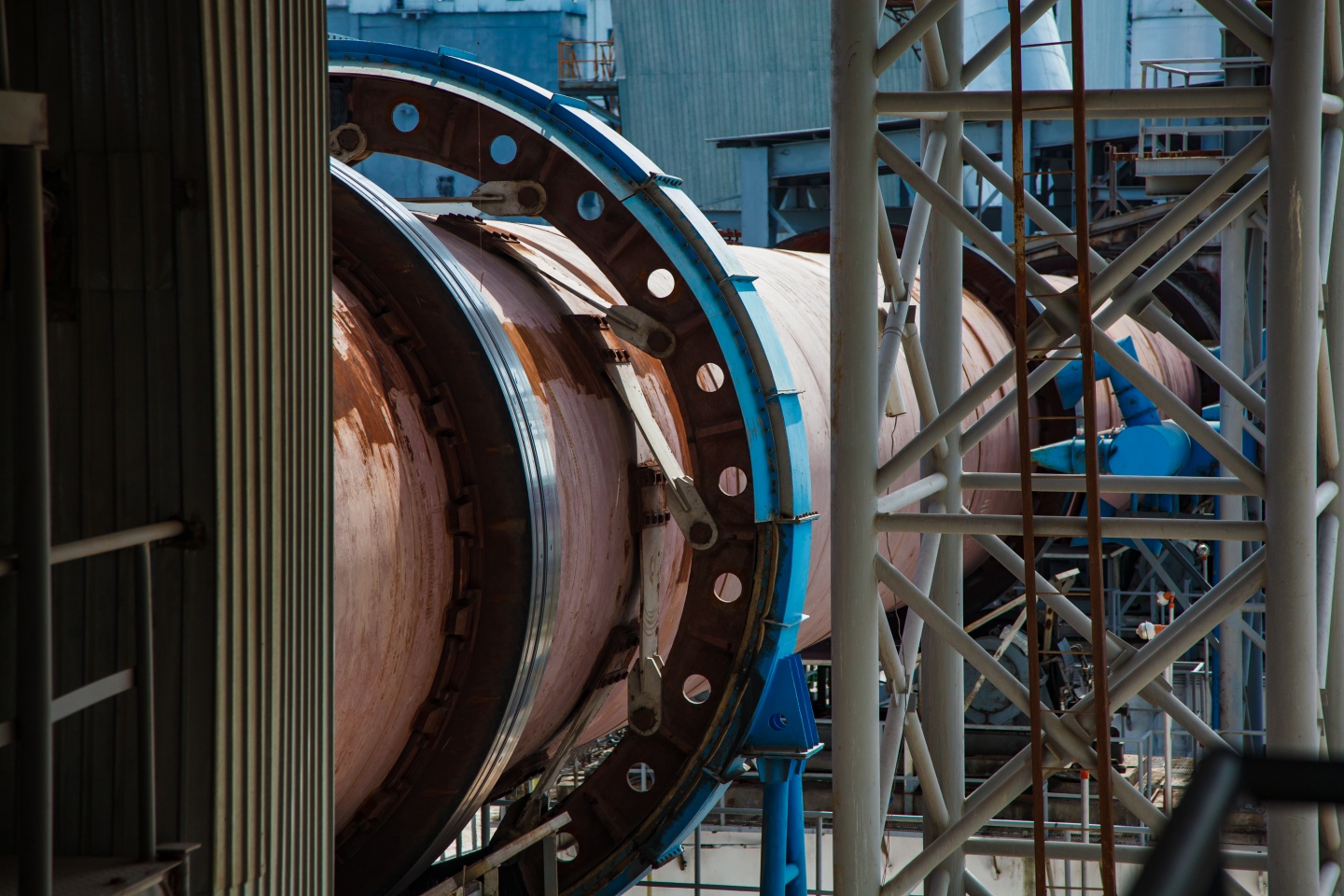Read this article in:
English
28 June, 2021Around 30 trade union leaders from India’s cement sector met online on 24 June to discuss occupational safety and health issues. At the end of the meeting, participants agreed on actions to better protect workers’ health and make their unions stronger.
The Covid-19 pandemic has had a negative impact on nearly all manufacturing sectors in India. However, the cement industry has witnessed growth and profitability with a continued production.
According to the reports, a lot of cement companies started working with new contractors with workers with lower wages and no social protection. According to the participants, large number of previously employed third-party workers face job losses after years of service. Others are pushed to receive at least 30 per cent lower wages. Companies are now operating with reduced workforce despite increased production, resulting in longer working hours and heavier workload and subsequent stress.
Unions reported that vulnerable groups, particularly women and precarious workers, are the major victims of pandemic with worsened working conditions, precariousness and lack of safety. In some workplaces women workers were not given regular work and later forced into to take voluntary retirement.
Despite announced policies on health and safety, cement companies fail to maintain a safe working environment; for personal protective equipment, workers are only given a helmet; a vast majority of the victims of workplace accidents are contract and agency workers; health and safety committees, if they exist, do not meet regularly and workers’ rights to participate, be informed and refuse unsafe work are not respected.
Malcolm Mossman, vice chair of HeidelbergCement European Works Council highlighted best practices on improving health and safety and union strategies to protect workers in the industry.
Apoorva Kaiwar, IndustriALL South Asia regional secretary, said:
“Work injuries, accidents and illnesses affect every aspect of workers and their families’ lives and employers should not monetize health and safety standards. Indian cement unions should continue to take joint actions to fight for decent jobs and find solutions to various challenges.”
Alexander Ivanou, IndustriALL materials industries officer, said:
“The cement industry is an important sector in India. It is unacceptable that while cement companies claim the best health and safety records, the same companies fail to recognize and respect fundamental workers’ rights. Together with our affiliates we will shed light on these shameful practices and fight them back.”
Participants decided on a plan of action where they agreed to launch a survey to assess current health and safety challenges, to explore possibilities of joint actions to promote health and safety at work and limit the use of precarious work.
The meeting was organized as part of South Asia union building project by IndustriALL’s Swedish affiliates through Union to Union, and participants were from Indian National Cement Workers’ Federation (INCWF-INTUC) and All India Cement Employees’ Federation (AICEF-HMS).
